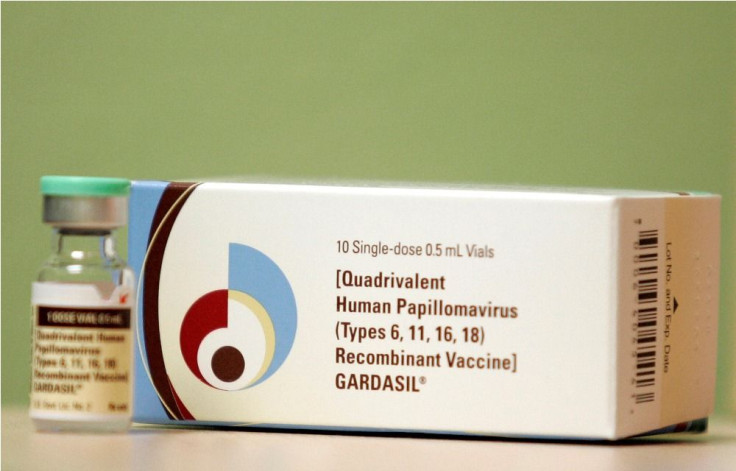Study: More Australians with oral cancer diagnosed with sexually transmitted virus

An increasing number of middle-aged people in Australia are falling prey to the rare side effect of sexually transmitted infections and ending up having throat and tongue cancers.
The latest study conducted by a team of Australian researchers suggests that a growing number of patients with oral cancer are testing positive for human papillomavirus (HPV). According to the researchers, the study findings suggest that an increased number of head and neck cancers are being caused by HPV compared with the previously thought causes such as heavy drinking and smoking.
During the study, the researchers looked at the data of 515 patients who were diagnosed with oropharyngeal cancer between 1987 and 2010. The researchers found that the rate of occurrence of people with an HPV-related diagnosis escalated from 20 per cent between 1987 and 1995 to 64 per cent between 2006 and 2010.
In addition, the researchers found that the proportion of people who had never smoked during the study period increased from 19 per cent to 34 per cent. The researchers believe that these findings indicate that HPV could overtake smoking and drinking to become the leading cause of oral cancer in the near future.
While some doctors say that oral sex transfers HPV to mouth and tongue, others believe that it could also be transferred by a mere handshake or simple kissing.
In 2014, more than 120 Victorians were diagnosed of the oropharyngeal cancer, and the majority of them were men. Oropharyngeal cancer occurs in the tonsils or the back third of the tongue.
Nearly 80 per cent of the adult population is believed to be affected by one of the 100 strains of the HPV virus during their lifetime. However, the majority of them do not show any symptom and get rid of the virus within months of contracting it.
Contact the writer at feedback@ibtimes.com.au, or tell us what you think below.




















